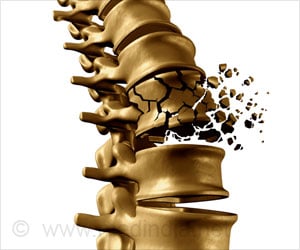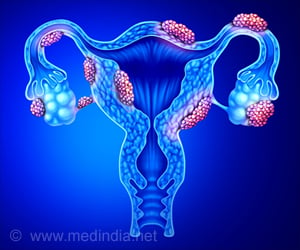Researchers have found that women with high levels of folic acid were more likely to have twins after invitro fertilization.
Researchers at the Rowett Research Institute and Aberdeen University in Scotland found that women with high levels of folic acid were more likely to have twins following in vitro fertilization. They found that the supplement might be linked to higher rates of multiple births after fertility treatment.
However, the researchers said that folic acid, a vitamin B that protects against birth defects such as spina bifida, does not affect overall chances of becoming pregnant after fertility treatment. They explained that it may increase the odds of twins when two embryos are transferred during fertility treatment. Dr. Paul Haggarty, the lead author of the study published in The Lancet medical journal stated that they feel that basically the folic acid is increasing embryo survival.He explained that it is already known that the embryo has an absolute requirement for folic acid and it will not develop if it doesn't have it. He stated that Folic acid is a synthetic compound of folate, a B vitamin found in green leafy vegetables and liver. Women are advised to take supplements before conceiving and during the early months of pregnancy to reduce the risk of having a child with a neural tube disorder he further explained.
Dr Paul Haggarty and his team analysed the amount of folic acid in 602 women having fertility treatment. The women were asked to fill in questionnaires and the researchers measured folate intake from their diet and levels in their blood. They found the likelihood of a twin birth after IVF rose with increased folate status in the women. The researchers also found a link between one of the genes involved in folate metabolism and the success of IVF treatment.
Prof William Ledger, of the Royal College of Obstetricians and Gynaecologists, said women trying to conceive should take folic acid but cautioned that excessive consumption of dietary supplements and folic acid containing drugs should be avoided.
The serious birth defect occurs during the early development of the fetus when the spine does not close properly. Spina bifida, a defect of the spinal column, is the most common of them.









